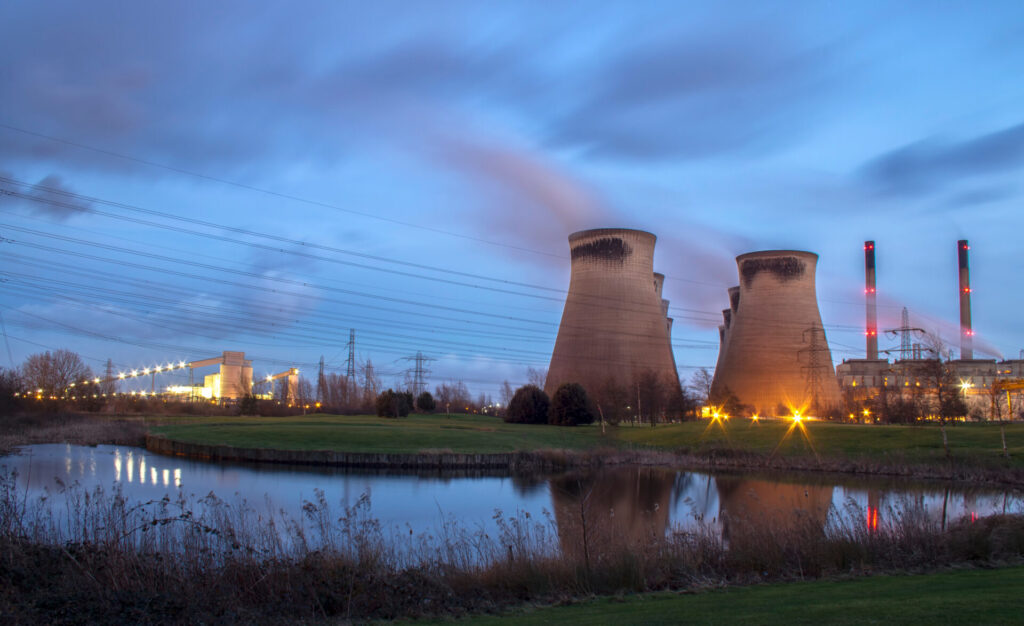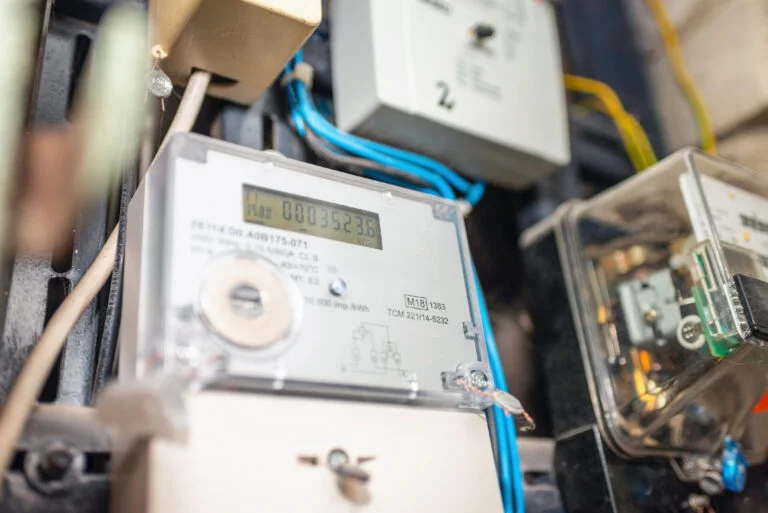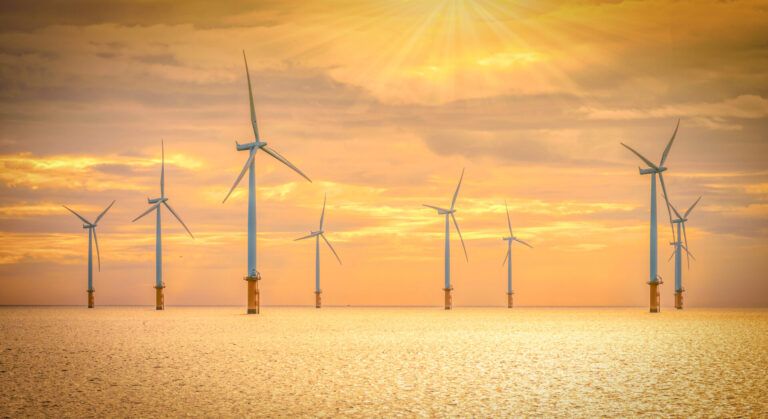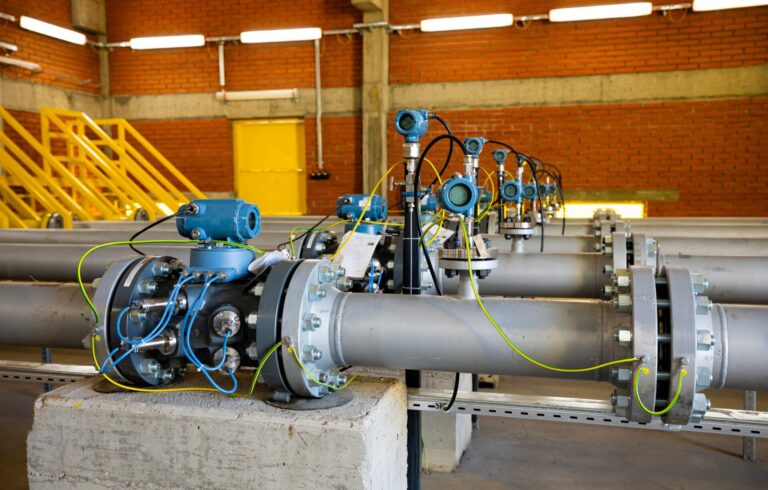In a landmark moment for the UK’s energy sector, Britain’s last coal-fired power station is set to shut down in just three weeks. This closure marks the end of an era for coal power in the UK, a country that once relied heavily on this fossil fuel for its electricity needs.
A Historical Dependence on Coal
Ratcliffe-on-Soar Power Station, Britain’s last coal-fired power plant, was built in the late 1960s and has been a key part of the UK’s energy landscape for over 50 years. Located in Nottinghamshire, the station has generated electricity for millions of homes and businesses, playing a significant role in the nation’s industrial development. However, as the UK shifts towards greener, more sustainable energy sources, Ratcliffe-on-Soar is now set to close at the end of September, marking the end of an era for coal power in Britain.
Coal has played a central role in Britain’s energy history, powering the Industrial Revolution and fuelling the country’s growth throughout the 19th and early 20th centuries. The UK’s dependence on coal peaked in the mid-20th century, with coal-fired power stations becoming a cornerstone of electricity generation. Even in 1960, around 90% of the UK’s overall energy generation came from coal. However, the environmental and health impacts of coal, including air pollution and greenhouse gas emissions, led to growing concerns and a push for cleaner energy alternatives.
The Shift to Cleaner Energy
The 21st century has seen a significant transformation in the UK’s energy landscape. The government’s commitment to reducing carbon emissions and combatting climate change has driven a substantial shift towards renewable energy sources. Wind, solar, and hydroelectric power have increasingly taken the lead in meeting the country’s energy needs.
In 2020, the UK made headlines by going 18 consecutive days without burning coal, a historic achievement that underscored the country’s transition towards a greener energy system. The closure of the last coal power station further solidifies this shift, reflecting the UK’s dedication to reducing its carbon footprint and embracing sustainable energy solutions.

The Future of Energy in the UK
As Britain moves away from coal, the focus is on expanding and enhancing renewable energy infrastructure. Investments in wind farms, particularly offshore wind, are a key part of the strategy to meet the country’s energy demands while maintaining environmental responsibility. Additionally, advancements in energy storage and smart grid technologies are paving the way for a more resilient and efficient energy system.
The transition away from coal is not just a win for environmental sustainability but also a step towards energy security and innovation. As the UK continues to lead by example, other nations will be watching closely, and the lessons learned from this transition will be valuable in the global effort to combat climate change.
The closure of Britain’s last coal power station is a historic milestone that signifies a significant shift in the UK’s energy landscape. It marks the end of an era dominated by fossil fuels and the beginning of a new chapter focused on sustainability and renewable energy. As the UK forges ahead with its clean energy agenda, we can expect a future powered by innovation and environmental stewardship.






